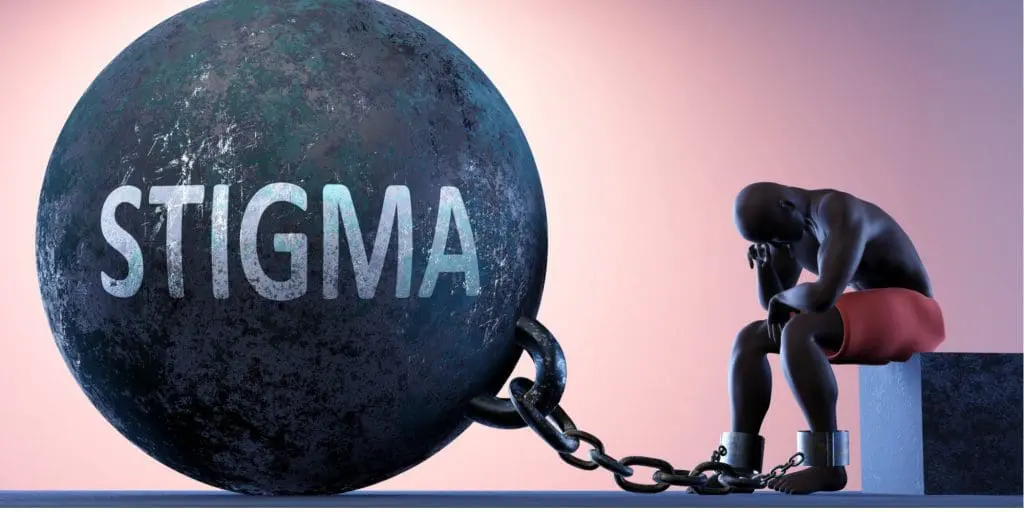Stigma is a negative attitude or belief about a person or group of people based on a characteristic associated with them. In the context of mental health, stigma can be a significant barrier to seeking help and recovery.
Types of Stigma
- Public Stigma: Negative attitudes and beliefs held by the general public about people with mental illness.
- Self-Stigma: Negative attitudes and beliefs that individuals with mental illness hold about themselves.
- Structural Stigma: Systems and policies that discriminate against people with mental illness.
Impact of Stigma
- Reduced Help-Seeking: Stigma can deter people with mental illness from seeking help, leading to untreated conditions and worsening symptoms.
- Discrimination: People with mental illness may face discrimination in employment, education, and housing.
- Social Isolation: Stigma can lead to social isolation and a sense of loneliness.
- Self-Esteem: Stigma can damage self-esteem and self-worth.
Addressing Stigma
- Education and Awareness: Raising awareness about mental illness and challenging negative stereotypes can help reduce stigma.
- Open Conversations: Encouraging open and honest conversations about mental health can help to break down stigma.
- Support and Advocacy: Supporting organizations that advocate for the rights of people with mental illness can help to reduce stigma.
- Personal Stories: Sharing personal stories of recovery can help to challenge stigma and inspire others.
Stigma is a major barrier to mental health recovery. By challenging stigma and promoting understanding, we can create a more inclusive and supportive society for people with mental illness.
Would you like to learn more about the impact of stigma on mental health or strategies for reducing stigma?
